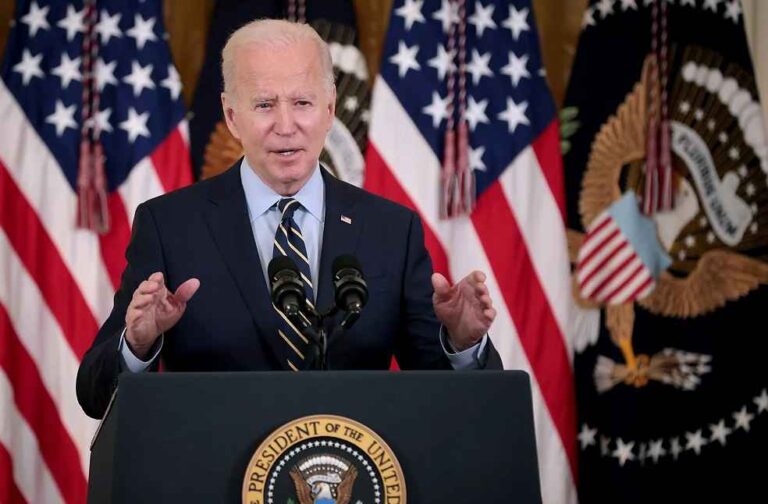The Biden administration contemplates a deceleration of the United States’ shift towards electric vehicles (EVs), a move that naling a more accommodating stance towards car manufacturers and labor unions. The New York Times, drawing on information from three sources privy to the matter, reports that the Environmental Protection Agency (EPA) intends to relax imminent vehicle pollution regulations. This policy adjustment allows automakers to maintain a reduced proportion of EVs in their 2030 fleets compared to original mandates under the administration’s ambitious ecological agenda.
This recalibration of EPA’s proposed rule represents a concession to the automotive sector and labor organizations, voicing apprehensions over the swift transition to electric mobility. By granting additional time for the industry to enhance EV production capabilities and develop requisite charging infrastructure, the administration aims to strike a balance between environmental objectives and economic, labor realities.

Despite growing interest in electric mobility, market adoption has not met expectations. The Associated Press notes that EV sales constituted only 7% of the automotive market in 2023, a stark contrast to the Biden administration’s projection of EVs making up two-thirds of vehicle sales by 2032. This gap highlights the hurdles in achieving widespread EV adoption, including consumer preferences for hybrid over fully electric models.
The policy reassessment also unfolds against a complex political and economic backdrop. The Congressional Budget Office recently adjusted the projected cost of the Inflation Reduction Act upwards, attributing the hike to an unexpected surge in Americans claiming EV tax credits. Furthermore, the United Auto Workers union’s recent endorsement of President Biden’s reelection campaign followed intense deliberation over the pace of the EV transition, underscoring the political delicacy of this issue.

Initially, EPA’s strict tailpipe emissions standards, proposed last year, aimed to compel automakers towards a significant pivot to zero-emissions vehicles by the decade’s end. Yet, resistance from the House GOP, car dealerships, and other stakeholders highlighted the contentious nature of this policy trajectory. With the Biden administration anticipated to formally announce these regulatory adjustments this spring, the decision marks a pivotal moment in the U.S
U.S’s environmental policy, automotive industry transformation, and labor market dynamics. This sophisticated approach reflects the administration’s commitment to aligning its environmental ambitions with technological adoption realities, industry readiness, and socio-economic considerations, ensuring a pragmatic pathway towards sustainable mobility.
DON’T MISS | Biden’s $12 Billion Infuses Hastens US Auto’s Shift to Electric





